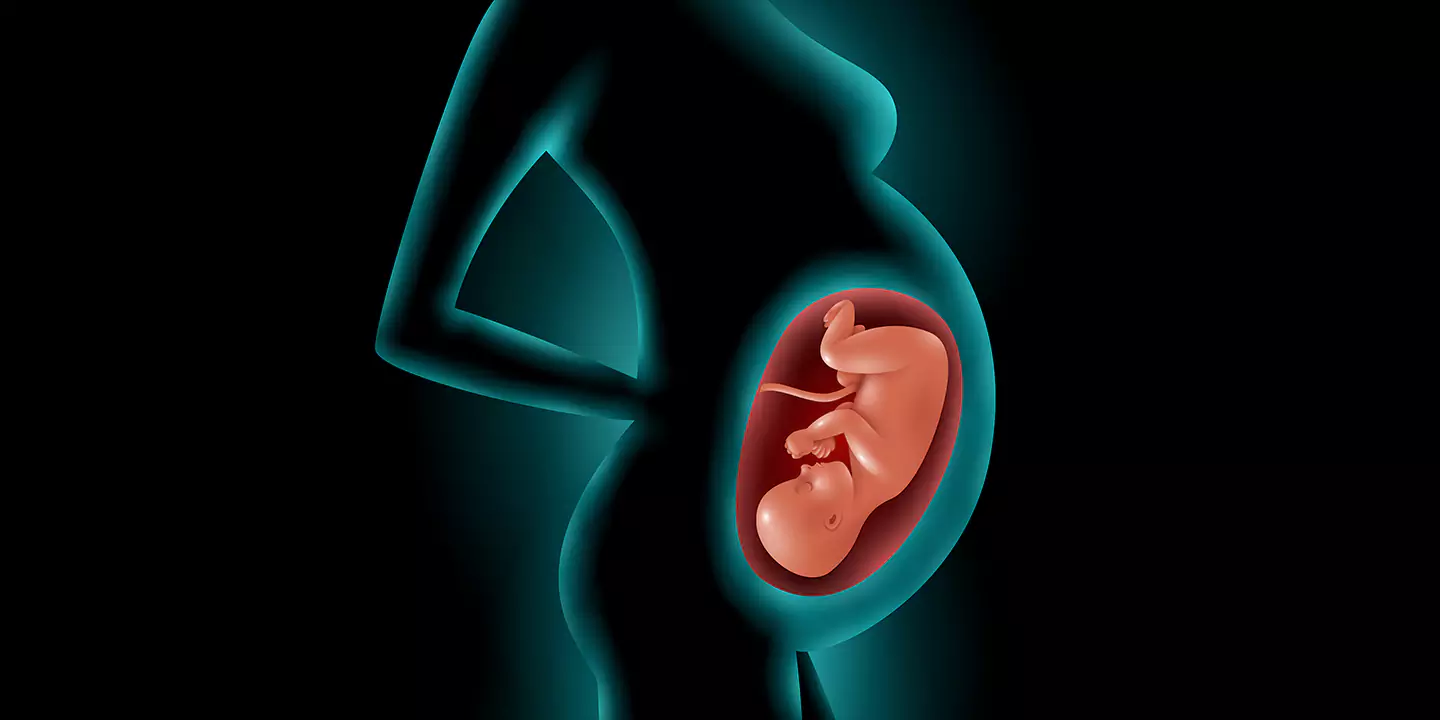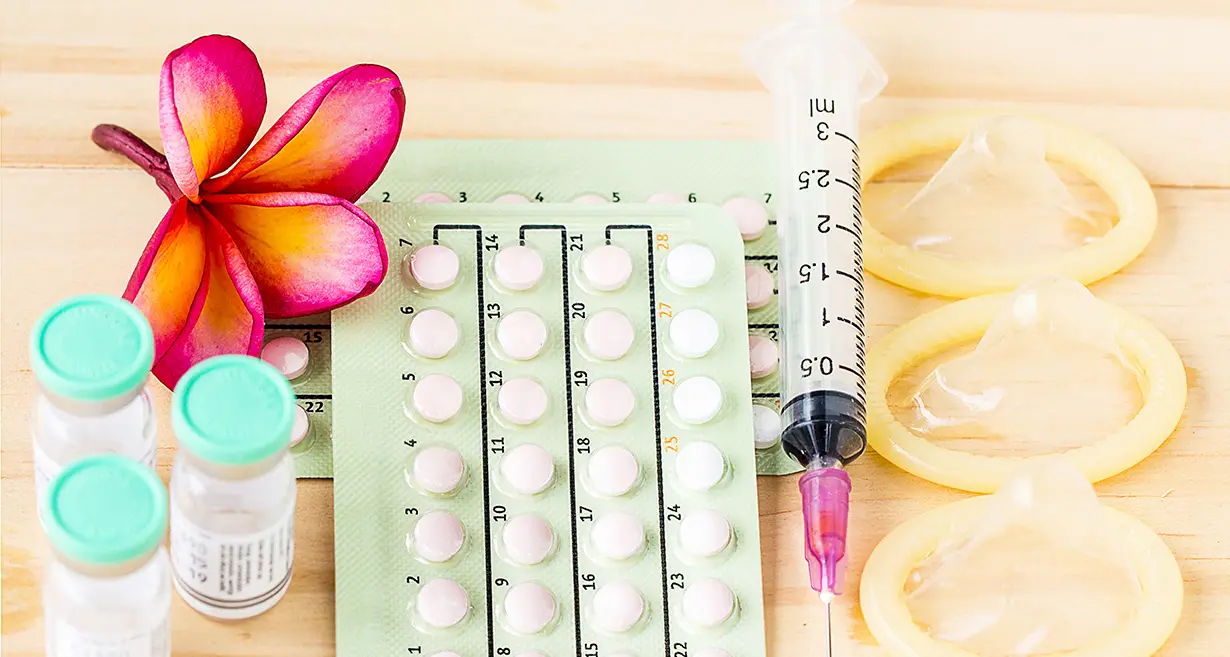
Almost 12 to 18 percent of women worldwide suffer from PCOS or Polycystic Ovary Syndrome. It is an endocrine disorder or hormone imbalance that affects women of reproductive age, i.e.; between 15 to 44 years of age. Sometimes it may occur earlier as well.
In this Article
Symptoms of PCOS include:
- Irregular periods.
- Irregular oestrogen-progesterone levels which may affect fertility.
- High androgen levels cause hirsutism (high growth of body and facial hair), male-pattern baldness, acne, and more.
- Insulin resistance
- Weight gain
- Multiple Cysts
- High Cholesterol
- Hunger Pangs
- Depression
Reasons of Weight Gain during PCOS
Multiple conditions during PCOS may cause weight gain. They are:
1. Insulin Resistance: Women with PCOS develop a resistance to Insulin. The function of Insulin is to break down complex sugars into simple sugars for better absorption and energy production. So, when the body becomes resistant to insulin, it leads to storage of these sugars which ultimately increases the level of fat in the body. Also, the body responds to this increase in blood sugar levels by producing more insulin. This continuous increase in blood sugar levels despite the presence of insulin leads to Type 2 Diabetes.
2. Irregular Hunger Cycles Insulin also acts as an appetite – stimulating hormone. So, as its levels increase, people with PCOS may feel hungrier than usual and at odd intervals. These intense cravings cause a tendency to overeat which ultimately increases the body weight.
3. Dysfunctional levels of Appetite – Regulating Hormones Improper functioning and irregular levels of appetite-regulating hormones like cholecystokinin, Ghrelin, and leptin also cause weight gain.
4. Androgen build-up High levels of insulin in blood triggers the production of male hormone “androgen”. This causes acne, facial and body hair growth, and weight gain in the stomach area; which is a typical fat storage pattern in males. This changes the shape of a woman’s body into apple-shaped rather than pear-shaped. Also, fat storage in the abdomen increases heart ailments, so it can be life threatening as well.
5. Mental Stress Weight gain and irregular hormone levels cause stress and anxiety which again leads to weight gain, especially in the lower abdomen area. So, it becomes a relentless cycle.
6. Less sleep Loss of sleep due to physical, mental, or emotional stress increases the level of appetite regulating hormone, ‘Ghrelin’.
7. Hypothyroidism Women with Hypothyroidism or under-active thyroid cannot produce enough thyroid hormone, which affects metabolism and leads to abnormal weight gain. Some symptoms of Hypothyroidism are dry skin and hair, muscle pain, lethargy, etc.
How to lose weight gained due to PCOS?
A well-directed diet is mandatory to loose weight gained during PCOS. One must consult a gynaecologist and get in touch with a nutritionist for best results. It must be a high-fibre and low sugar diet loaded with fruits, greens, and whole grains. Small meals around four to six times a day helps control blood sugar levels instead of the traditional three large meals. Regular yoga or workout sessions of around 30 minutes. Quit smoking and drinking alcohol.
























































































































































































